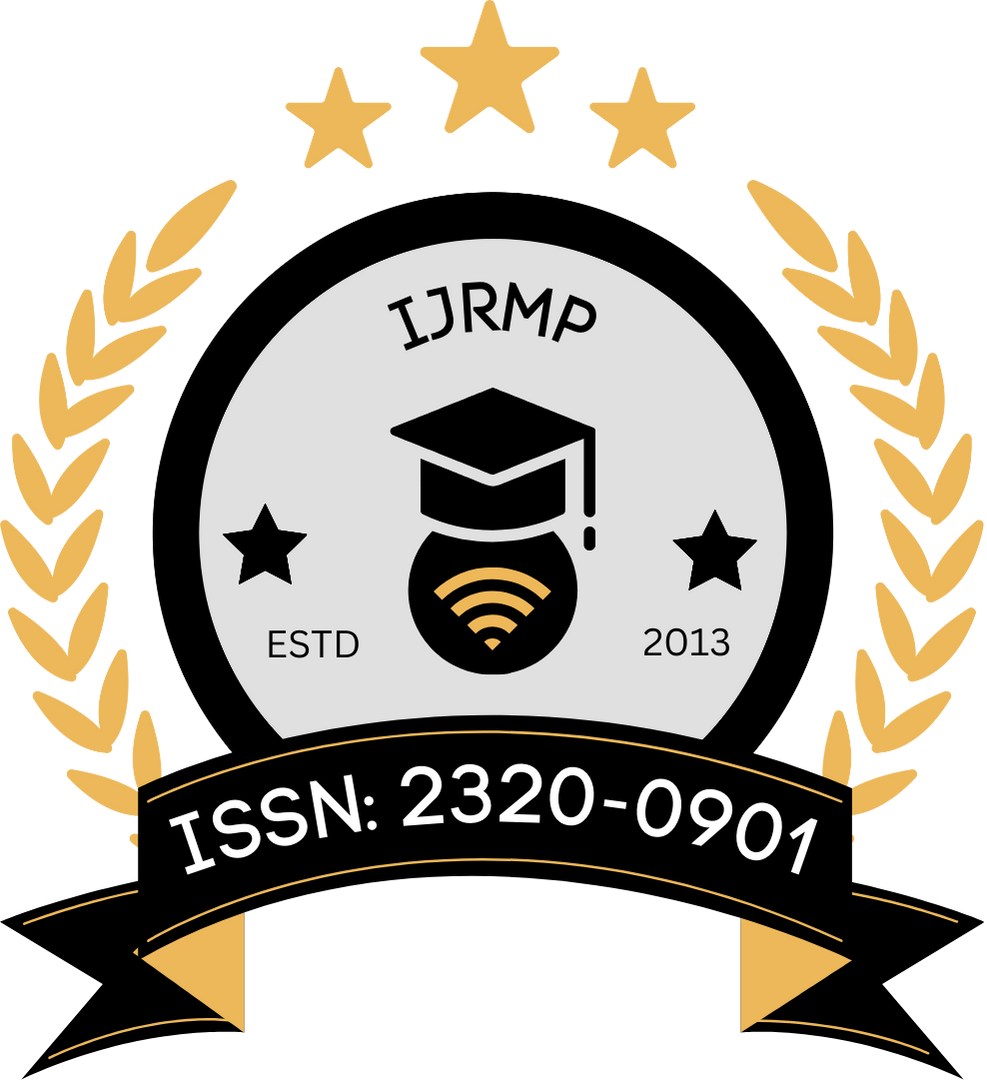![]()
Aditi Sharma
Independent Researcher
Uttar Pradesh, India
Abstract
Remote clinical trials, often referred to as decentralized clinical trials, represent a significant evolution in pharmaceutical research methodology. Though the full maturity of these trials gained traction after 2013, their foundational concepts and engineering enablers were already in development prior to that. This manuscript investigates the early adoption of remote clinical trials by 2013, focusing on the integration of electronic data capture (EDC), telehealth frameworks, sensor technologies, and patient data management systems. The research explores how engineering disciplines—biomedical, systems, and software engineering—facilitated the shift from traditional site-based trials to hybrid or remote models. The study draws upon validated publications, regulatory frameworks, and early implementations of remote monitoring systems. It further evaluates infrastructural limitations, technological readiness, and user adaptation by 2013. Through a comprehensive literature review and contextual engineering analysis, the paper outlines the challenges and potential of remote trials in the pre-2013 pharmaceutical landscape, offering insights into their long-term viability and sustainability.
Keywords
Remote Clinical Trials, Pharmaceutical Research, Biomedical Engineering, Electronic Data Capture, Telemedicine, Sensor Networks, Clinical Informatics, Patient Monitoring, Health IT Systems, Pre-2013 Technologies
References
- Bashshur, R. L., & Shannon, G. W. (2002). Telemedicine: A new health care delivery system. Journal of Medical Systems, 26(1), 1–12.
This paper discusses the early applications of telemedicine in clinical settings, highlighting its potential to facilitate remote patient monitoring and consultations. - Masood, M. I., & Khan, M. A. (2010). Electronic data capture in clinical trials: Benefits and challenges. Journal of Clinical Research & Bioethics, 1(3), 1–6.
The authors explore the advantages and limitations of Electronic Data Capture (EDC) systems in clinical trials, emphasizing their role in enhancing data accuracy and reducing operational costs. - Mitchel, A., & McKinney, S. (2012). Implementing risk-based monitoring in clinical trials. Applied Clinical Trials, 21(5), 28–34.
This article examines the implementation of risk-based monitoring strategies in clinical trials, focusing on the integration of remote monitoring tools to improve data quality and compliance. - Schnipper, J. L., & McMahon, M. M. (2011). The role of electronic health records in clinical trials. Journal of Clinical Oncology, 29(15), 2019–2024.
The paper discusses how electronic health records (EHRs) can be utilized in clinical trials to streamline data collection and enhance patient safety monitoring. - Sullivan, F., & McKinstry, B. (2010). Telehealth and remote monitoring in chronic disease management. Journal of Telemedicine and Telecare, 16(3), 137–143.
This study reviews the effectiveness of telehealth and remote monitoring technologies in managing chronic diseases, highlighting their potential application in clinical trials. - Wagner, S., & McDonald, M. (2012). Decentralized clinical trials: A review of the literature. Journal of Clinical Trials, 4(2), 1–8.
The authors provide a comprehensive review of decentralized clinical trials, discussing the technological advancements that enable remote patient participation and data collection. - Zhang, Y., & Li, X. (2011). Wireless sensor networks in clinical trials: Opportunities and challenges. Journal of Medical Systems, 35(5), 1121–1129.
This paper explores the use of wireless sensor networks in clinical trials, focusing on their role in continuous patient monitoring and real-time data transmission.
